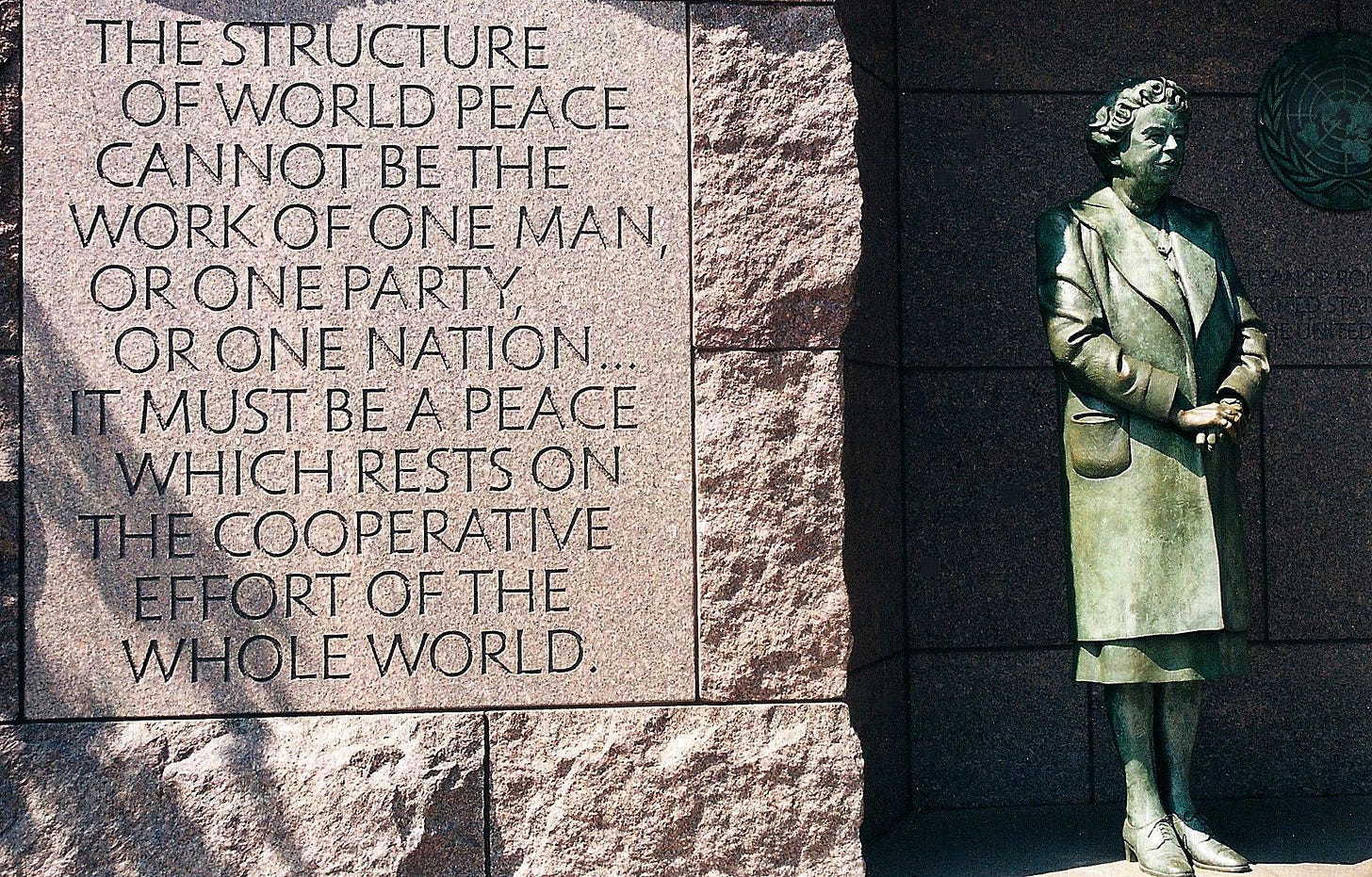Note: I hadn’t planned to post two commentaries today. I wasn’t expecting a U.S. bombing attack—yet. But this piece, long on my mind, suddenly felt too urgent to delay. The photo is of a peace sign I carried during a Vietnam War protest; it hangs on my study wall. Still relevant today, sadly.
If you’re against war, you’re against war—regardless of what happens. It’s a wrong method of trying to settle a dispute.
— Jeannette Rankin, first woman elected to Congress, 1916
Like rape, war is a behavior rooted in domination and control—a tactic used by insecure, cowardly men trying to prove how powerful they are.
I don’t make that comparison lightly, to diminish the trauma of rape. I write it to expose the mindset behind both. Rape—most often committed against women—is a violent assertion of power, not passion.
War, too, is often unleashed not to protect or defend but from the same twisted impulse: to intimidate, to silence, to mask deep insecurity.
History is full of wars begun not by soldiers but by civilian leaders—mostly men—not with real threats but with personal fear. Fear of looking weak. Fear of losing power. Fear of being irrelevant.
These men reach for war not out of strength but out of ego. And they send others to kill and die in their place.
I have seen war. I have seen war on land and sea. I have seen blood running from the wounded. I have seen men coughing out their gassed lungs. I have seen the dead in the mud. I have seen cities destroyed. … I have seen children starving. I have seen the agony of mothers and wives. I hate war.
— Franklin D. Roosevelt, Aug. 14, 1936
Not all uses of force in war are rooted in ego or domination. Nations have the right and the responsibility to defend themselves when truly attacked. But that kind of self-defense must be proportional, measured, and anchored in reality.
In nearly every generation, political leaders have wrapped their own fears in flags. They invoke honor while ordering destruction. They call it duty while dismissing diplomacy. And when the human cost comes due, they deflect or double down.
We should never confuse domination with strength or silence with peace. True strength lies in restraint. Real leadership chooses cooperation over conquest.
The structure of world peace cannot be the work of one man, or one party, or one Nation. … It must be a peace which rests on the cooperative effort of the whole world.
— Franklin D. Roosevelt, March 1, 1945
Statue of Eleanor Roosevelt at the Franklin Delano Roosevelt Memorial in Washington, D.C.




Gary, thank you for the thoughtful comments…again! Great analogy!
Thank you, Gary.